The US Senate Judiciary Committee voted Thursday to approve a bill aimed at allowing news organizations to band together to negotiate with Alphabet Inc’s, Google and Meta‘s Facebook and win more revenue.
The bill passed the committee by a vote of 15 to 7, according to a congressional aide. It must now go to the Senate for their approval. A similar bill is before the US House of Representatives.
The bill is aimed at giving news and broadcast organizations more clout after years of criticism that big tech companies use their content to attract traffic and ad revenue without fairly compensating the publishers, many of which struggle financially, a Reuters report from Washington stated.
The bill, led by Democrat Amy Klobuchar, attracted some Republican support, with Senators John Kennedy and Lindsey Graham sponsoring it. Other Democrats, like Senator Alex Padilla, expressed reservations about it.
The bill hit a speed bump earlier this month when Senator Ted Cruz won backing for a plan to include provisions to address what he considers the platforms stifling conservative voices.
On Thursday Klobuchar won support for an amendment that specified that prices for use of content was the issue.
“The goal of the bill is to allow local news organizations to get compensation when major titans, monopolies like Facebook and Google, access their content,” she said at a committee session to vote on the bill.
Unlike other bills aimed at reining in big tech, some progressive groups oppose this measure, including Public Knowledge, on the grounds that it favors big broadcasters like News Corp, Sinclair and Comcast/NBCU.
Also opposing the bill are two technology industry trade groups that Facebook and Google belong to: the Computer & Communications Industry Association and NetChoice.
As Indianbroadcastingworld.com has earlier reported, even the Indian news and broadcasting companies had petitioned the government — and even companies like Google — to right the uneven level playing field of tech companies using content from media companies to generate traffic and also advertising revenues without adequate compensation.
The issue has been raised in Parliament too by parliamentarians from various political parties, requesting the government to formulate laws as done by Australia where tech companies have to pay for content to the original publishers.
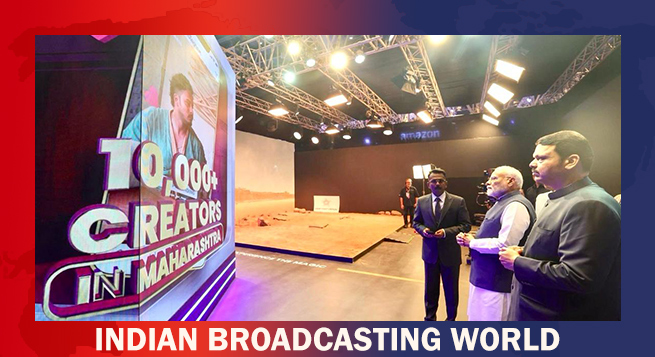 MIB to unveil M&E sector statistical handbook today at WAVES
MIB to unveil M&E sector statistical handbook today at WAVES  WAVES 2025: Media dialogue backs creativity, heritage & ethics in AI Era
WAVES 2025: Media dialogue backs creativity, heritage & ethics in AI Era 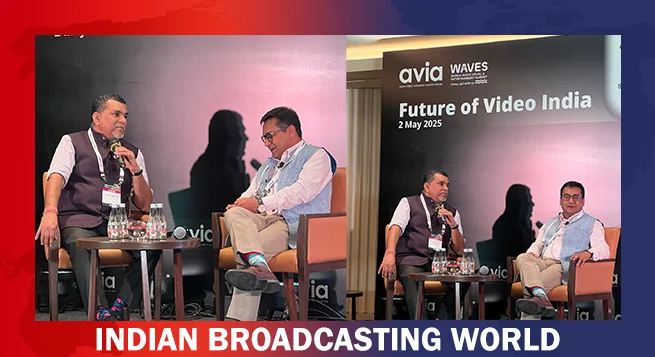 Pay TV leaders chart course for India’s linear TV in digital age
Pay TV leaders chart course for India’s linear TV in digital age 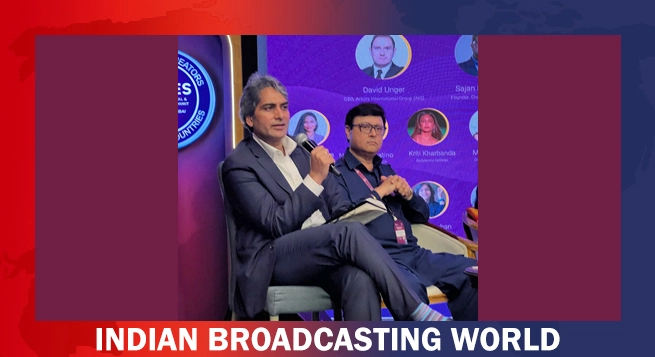 Sudhir Chaudhary announces new show for DD News, says “Good content still has a place” at WAVES 2025
Sudhir Chaudhary announces new show for DD News, says “Good content still has a place” at WAVES 2025 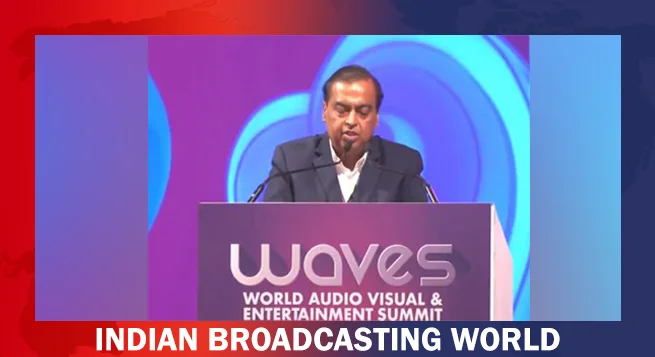 India can lead global entertainment revolution: Mukesh Ambani
India can lead global entertainment revolution: Mukesh Ambani 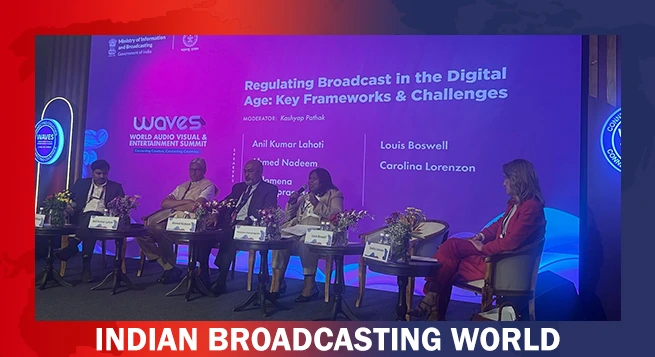 TRAI chief not in favour of separate rules for OTT, legacy b’casters
TRAI chief not in favour of separate rules for OTT, legacy b’casters  ‘KanKhajura’ start streaming on Sony LIV from May 30
‘KanKhajura’ start streaming on Sony LIV from May 30  Koyal.AI debuts at WAVES 2025, set to revolutionise music videos with GenAI
Koyal.AI debuts at WAVES 2025, set to revolutionise music videos with GenAI  Zee Cinema to premiere ‘Pushpa 2: The Rule’ on May 31
Zee Cinema to premiere ‘Pushpa 2: The Rule’ on May 31 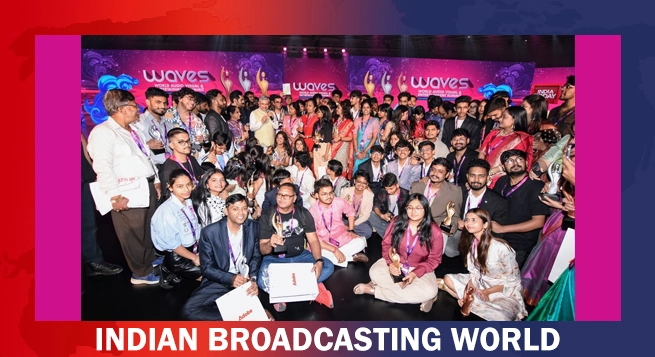 ‘Create in India Challenge’ S1 honours global talent at WAVES
‘Create in India Challenge’ S1 honours global talent at WAVES  Amazon MX Player adds 20+ dubbed international titles
Amazon MX Player adds 20+ dubbed international titles 








